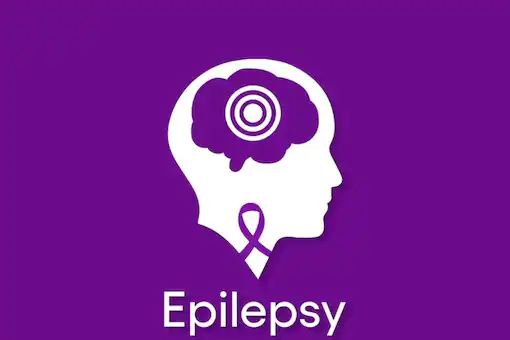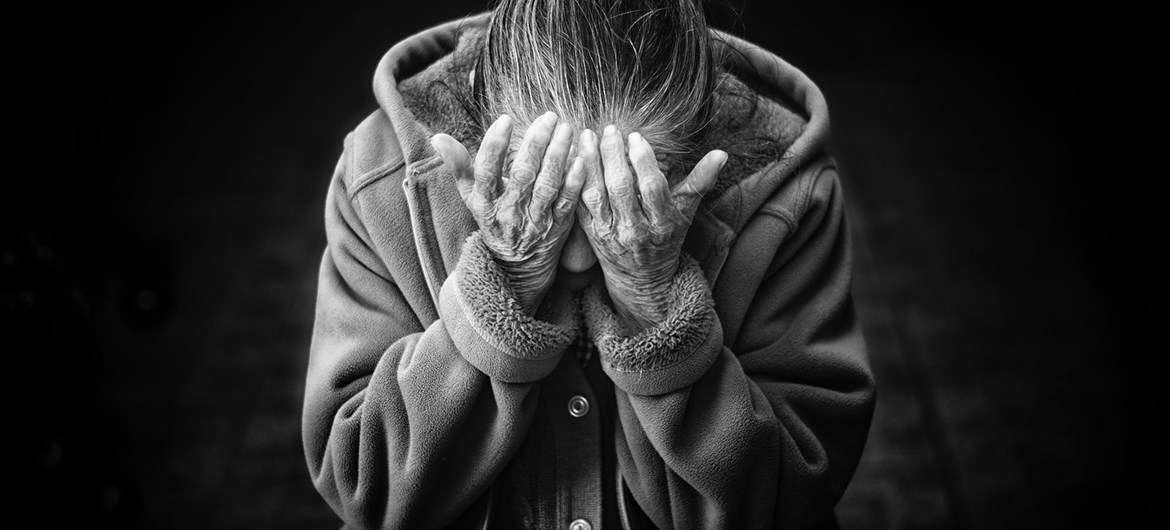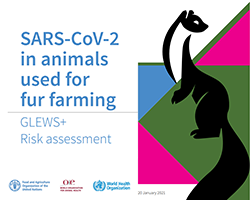National Epilepsy Day
- Epilepsy is a chronic non-communicable disease of the brain that affects people of all ages.
- Around 50 million people worldwide have epilepsy, making it one of the most common neurological diseases globally.
- Nearly 80% of people with epilepsy live in low- and middle-income countries.
- It is estimated that up to 70% of people living with epilepsy could live seizure-free if properly diagnosed and treated.
- The risk of premature death in people with epilepsy is up to three times higher than in the general population.
- Three-quarters of people with epilepsy living in low-income countries do not get the treatment they need.
- In many parts of the world, people with epilepsy and their families suffer from stigma and discrimination.
According to World Health Organization (WHO), about 50 million people have epilepsy across the world, out of which 80 percent people are living in developing countries. Although epilepsy is treatable, yet three-fourths of affected people in developing countries do not receive the required treatment. In India, about 10 million people suffer from seizures associated with epilepsy.
The symptoms of epilepsy are as follows:
- Sudden twitching (uncontrollable jerking motions of the arms and legs)
- Loss of consciousness
- Tingling sensation (feeling of pricking pins or needles) in arms or legs
- Stiffness in muscles of arms or legs or face
Causes of Epilepsy
- Brain damage from prenatal and perinatal injury
- Congenital abnormalities
- Brain Infections
- Stroke and Brain Tumors
- Head Injury/ Accidents
- A prolonged high fever during childhood
Management
Tips to deal with Seizures
- Do not panic.
- Do not try to restrain the person during a seizure.
- Remove sharp objects or other harmful objects from the person with seizures.
- Loosen any tight neckwear.
- Gently roll the person onto one side so that any fluid in the mouth can safely come out.
- Put something soft under his or her head.
- Do not put anything into the person’s mouth for the fear of swallowing the tongue.
- Be with the person until medical help arrives.
- Allow the person to rest or sleep.
Epilepsy is mostly treatable with medications. The critical thing about epilepsy is that one should not delay its treatment. Start the treatment as soon as it is diagnosed. This prevents further deterioration of the condition.
Tips for Epileptic patients
- Take the epilepsy medications regularly as advised by a doctor, even if you are not having seizures.
- Do not discontinue the medications without your doctors’ advice.
- Consult your doctor while taking any other medications to avoid possible side effects or any complications.
- Do not drink alcohol as it provokes seizures.
Sources NHP












